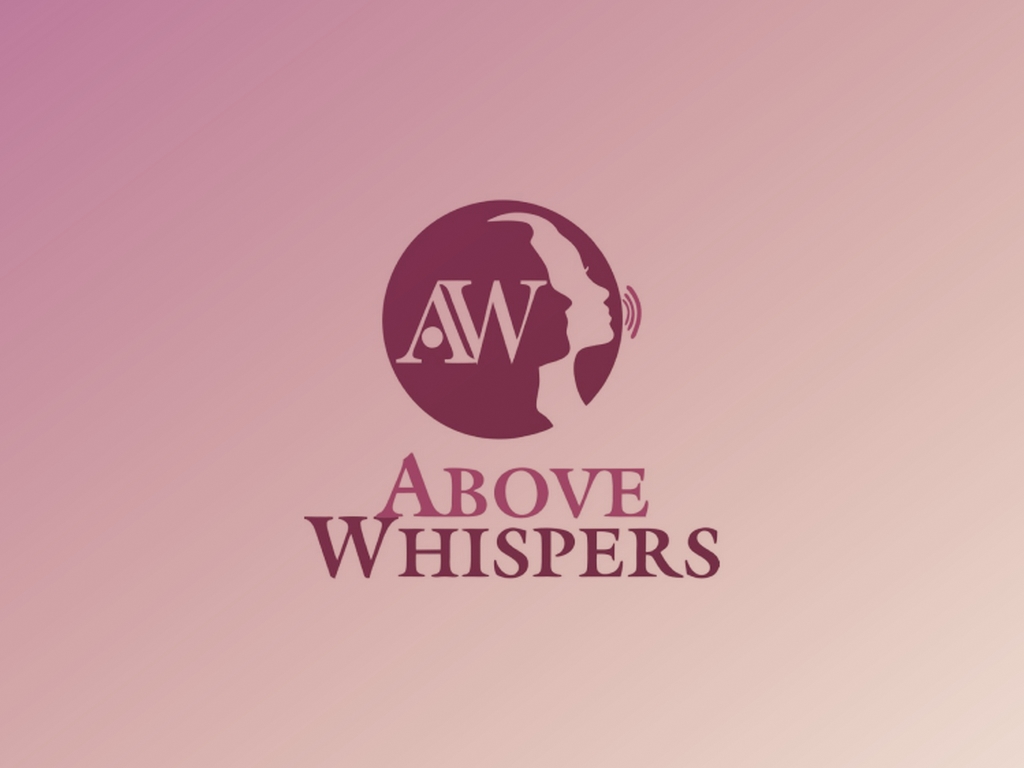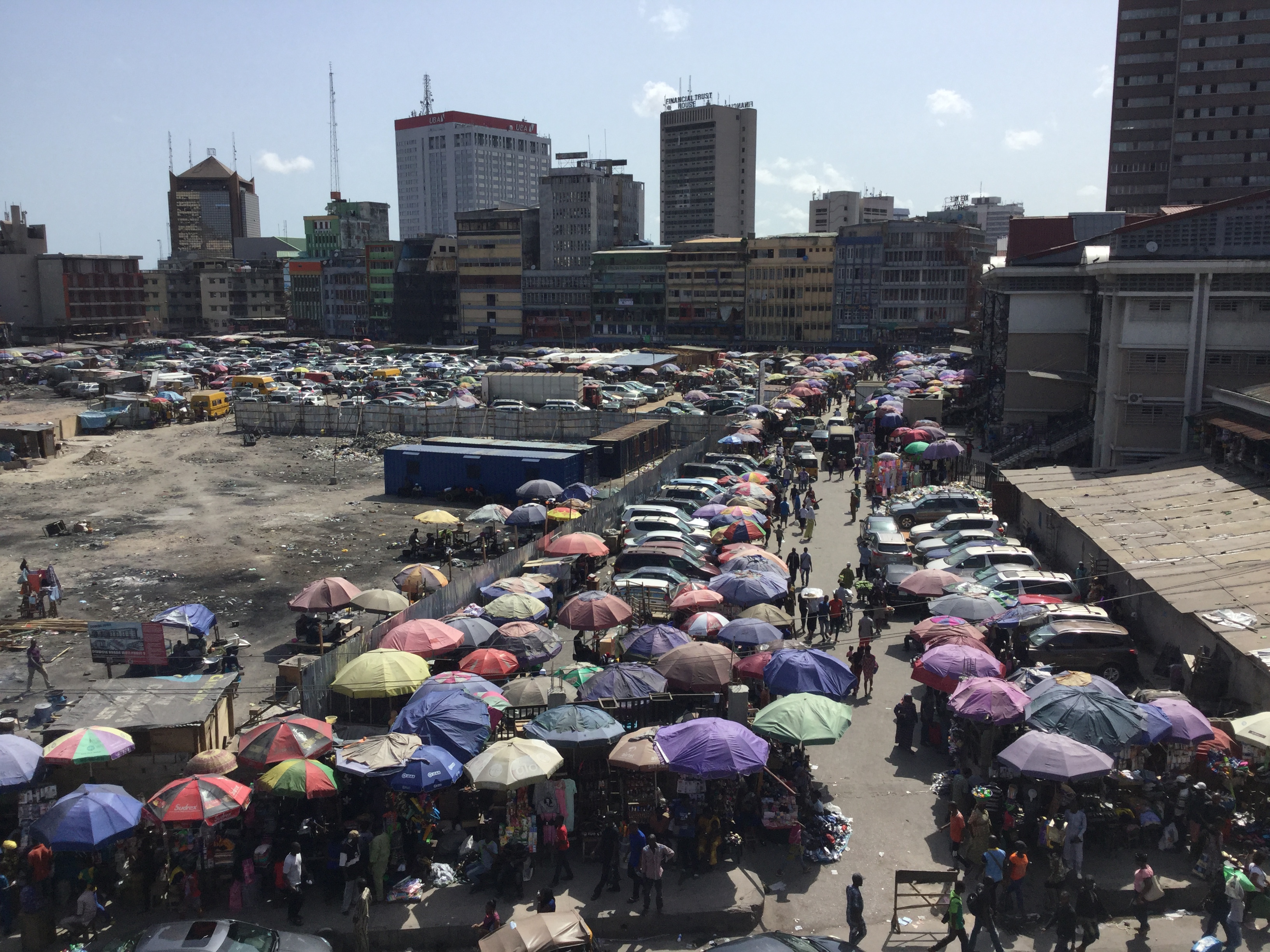A tentative, growing acceptance of gay men and women in Nigeria offers a seed of hope, human rights campaigners said on Wednesday, in a country where the outlawing of gay sex is supported by nine in ten people, according to a new report.
A 2017 survey by NOI Polls compared attitudes towards lesbian, gay, bisexual and transgender (LGBT) people in Nigeria against a 2015 poll.
It found a 7 percent increase in acceptance of LGBT people, and a 9 percent rise to 39 percent of those surveyed who think that LGBT people should be allowed equal access to public services such as healthcare, education and housing.
“These changes might look small, but let us acknowledge the progress,” said Olumide Makanjuola, executive director of The Initiative for Equal Rights (TIERS), a charity working to protect the rights of sexual minorities in Nigeria, which commissioned the survey.
“The fact that there is a small differential is important to acknowledge. Nigeria is not an easy place to have such conversations.”
However, the poll showed a 4 percent increase to 90 percent of Nigerians who support the criminalisation of same-sex relationships, and no change in the proportion of Nigerians who believe that the country would be a better place with no LGBT people, also 90 percent.
Former Nigerian President Goodluck Jonathan signed a bill in 2014 criminalising same-sex relationships in Nigeria, despite pressure from Western governments to preserve the rights of gay, lesbian and bisexual people.
The Same-Sex Marriage Prohibition Act (SSMPA) bans gay marriage, same-sex “amorous relationships” and membership of gay rights groups with penalties of up to 14 years in prison.
Last week, 54 people went on trial on charges connected to allegations that they were celebrating a gay wedding.
Acts of gay sex are illegal in 32 countries across Africa and persecution of gay people is rife across the continent.
FACTBOX – Gay rights in Africa
Many African political and religious leaders argue that decriminalising homosexuality would be akin to promoting it and that it goes against their traditions and culture.
A 2016 report by Human Rights Watch on the impact of Nigeria’s anti-gay law said “the heated public debate and heightened media interest in the law have made homosexuality more visible and LGBT people even more vulnerable.”
However Makanjuola said a more visible LGBT culture in Nigeria, such as film shows and photo exhibitions, were a sign that attitudes were changing.
In April, his organisation TIERS hosted a photo exhibition about sexual violence in Nigeria that partly looked at experiences of the LGBT community and featured photographs of four gay subjects who had experienced sexual violence.
“I represented them as genderless beings and in this way tried to focus on…the act of rape and violence,” said Jumoke Sanwo, the curator of Revolving Art Incubator, an art space which partnered with TIERS to put on the exhibition.
One of the subjects, a male in his early 20s, had joined a closed group on Facebook, made friends with someone and after a year they decided to meet up. He arrived at the arranged meeting place to find a crowd of people waiting. They beat him, stripped him naked, and threatened to drown him in a nearby canal.
Another 33-year-old man, who spoke to the Thomson Reuters Foundation and asked not to be named, described his experience on a night out in Lagos, when he and his male partner were caught cuddling in their car by the police.
“They stripped us naked and made us lie on the floor, stamping on my back, my butt, my head, with their boots,” said the man.
Makanjuola said he worries that focusing only on the injustices against LGBT people can have the side effect of making such attitudes seem acceptable.
“The more we promote hate, it becomes a norm. The more we highlight progress, the more we get people to think in different shades,” he said.
(Editing by Ros Russell)


